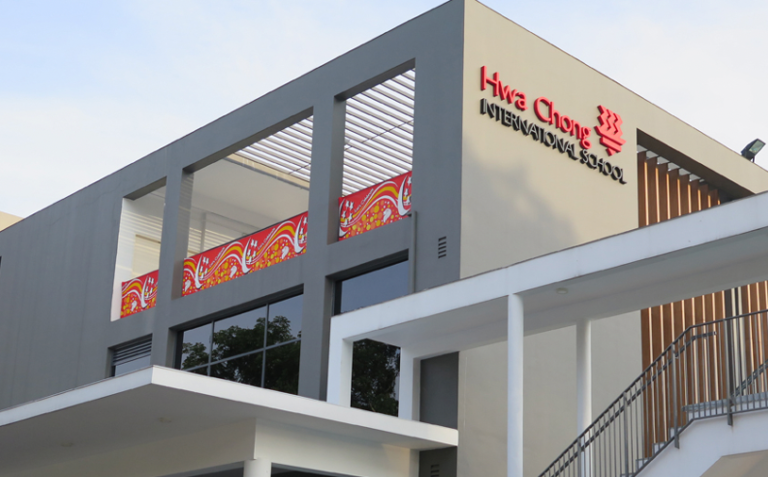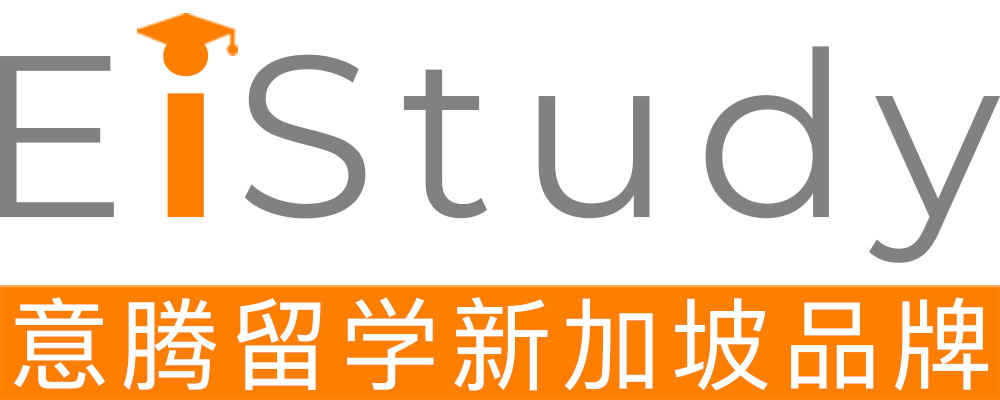由于信息和通信技术发挥的一个组成部分,在第二十一世纪的学习环境,网络健康方案需要指导年轻浏览网络空间安全和负责任的。Inter-Ministry Cyber Wellness Steering Committee’s Call-for-Proposal and Efforts on Cyber Wellness网络作为一个社会不可缺少的一个部门,新加坡网络健康指导委员会在在努力的鼓励和支持网络健康计划,应邀在2012年11月1日提交网络健康意见包括。在青年中,鼓励积极地使用互联网和移动技术包括但不限于地区:
■处理互联网内容
■负责使用移动技术
■负责网上创作与文明
■父母在健康教育网络的作用
根据信息要求提案,截止提交建议日期为2012年12月18日的下午4点。自2009第一次要求提议到目前,已达到了180000的与会者通过支持项目。该项目是通过不同的平台如研讨会提高网络健康意识和培训工作坊。资金以外网络健康计划的社区,将采用整个政府的方法去达到不同的标群体。各部委和政府机构参与了一系列网络健康计划,在学校、家长和更广泛的社区进行网络上安全健康的计划。
以下文件参考信息来源:
Supplementary Information on 4th Call for Proposal and Project Areas
1、The proposed projects should be scalable and sustainable for effective outreach.
Successful proposals will receive seed funding from the ICSC. Existing and new projects which are impact could be considered for sustained funding. Assessment for the award of funding will be based on the merit, reach of each project and demonstration of impact.
2. More information on the project areas is provided as follows:
a. Responsible use of Internet and mobile technologies Social networking platforms encourage social interaction as well as the creation and sharing of online content.
While such platforms encourage friendship and bonding, they also present risks and dangers to the young and less discerning users. Ease of communicating via not only text, but also pictures and images on these social networking platforms, makes social networking an attractive means for young to interact with others. Pervasive use of mobile devices further encourages our young to engage in social networking activities. In this new communication sphere, our young need to understand the importance of exercising graciousness and consideration when sharing or posting information online. They need to understand
that once information is posted online, it is often beyond their ability to control how itspreads.Programmes that heighten awareness of social etiquette and consequences of participating in social networking platforms would help our young become responsible discerning digital citizens. Our young need to understand the impact of media on their personal lives and social relationships. Some of the possible ways to
promote responsible online usage include:
• Respect the privacy and views of other online users
• Refrain from participating in rum our-mongering or sharing of untruth content
• Empower youths with skills to critically evaluate information
• Understand the ethics and responsibility of creating and sharing online
content
b. Parents’ role in cyber wellness education
Youths today are likely to be savvier than their parents in navigating the Internet. This presents a new set of concerns for parents. Today’s parents feel the need to keep pace with technology so as to understand and monitor their children’s online activities. While they may understand the significant role they play in their children’s
Education, they may need support in understanding how they can positively influencetheir children’s online behaviour.Programmes for parents should address these cyber concerns and impart relevant parenting skills and tools to improve parent-child relation and communication. Participation of parents and their children in the programmers is encouraged so as to foster greater awareness for parents on the roles they can play in guiding their children to navigate the online world safely and responsibly. The programmed should also cater to parents to understand the Internet needs of children in various age groups such as the pre-school, primary, secondary and tertiary students。
Supplementary Information on ICSC
1. The ICSC was formed in 2009 to coordinate the Government’s efforts in cyber wellness through working with people-private sector organizations. It aims to develop and implement a national strategy to promote cyber wellness among the youth. Theirs is co-chaired by the Ministry of Communications and Information and the Ministry of Education and includes representatives from the following ministries and government agencies:
• Ministry of Social and Family Development
• Ministry of Defense
• Ministry of Home Affairs
• Noncom Development Authority of Singapore
• Media Development Authority
• Health Promotion Board
• National Library Board
2. The supported projects from the first three calls-for-proposals include nationwide cyber wellness public education outreach campaign, as well asprogrammes for primary, secondary and post-secondary school students and their parents, such as cyber wellness camps and counseling services. A selection offices-supported projects is as follows.
a. Cyber Safety Virtual Park
The National Crime Prevention Council Cyber Safety Virtual Park is comprehensive one-stop online resource centre, providing information on cyber wellness, safety and security for both students and teachers. The fun and engaging education platform provides a conducive learning experience through the use of avatars in an interactive virtual world.
b. Cyber Wellness Counseling
TOUCH Youth Limited aims to increase collaboration with schools to render help to youths. In partnering with schools, the cyber wellness counseling programmed adopts a holistic and integrated approach to counsel youth clients with support from family and school counselors.
c. Cyber Wellness Movement for ITE Students
ITE College Central adopts a holistic and systematic approach to reach out tote students and educators. Through various activities, students and teachers are involved in effecting positive netiquette, and raising and promoting
awareness of cyber wellness.
d. Cyber Wellness Public Education
This Media Development Authority-initiated campaign is a cyber wellness public education outreach programmed which targets both students and
parents. Adopting a two-pronged approach to generate awareness and encourage critical thinking of cyber wellness, the campaign hosts (i) nationwide engagement programmed where participants could share their
cyber wellness stories and (ii) a slew of activities including workshops, seminars and talks.
……








